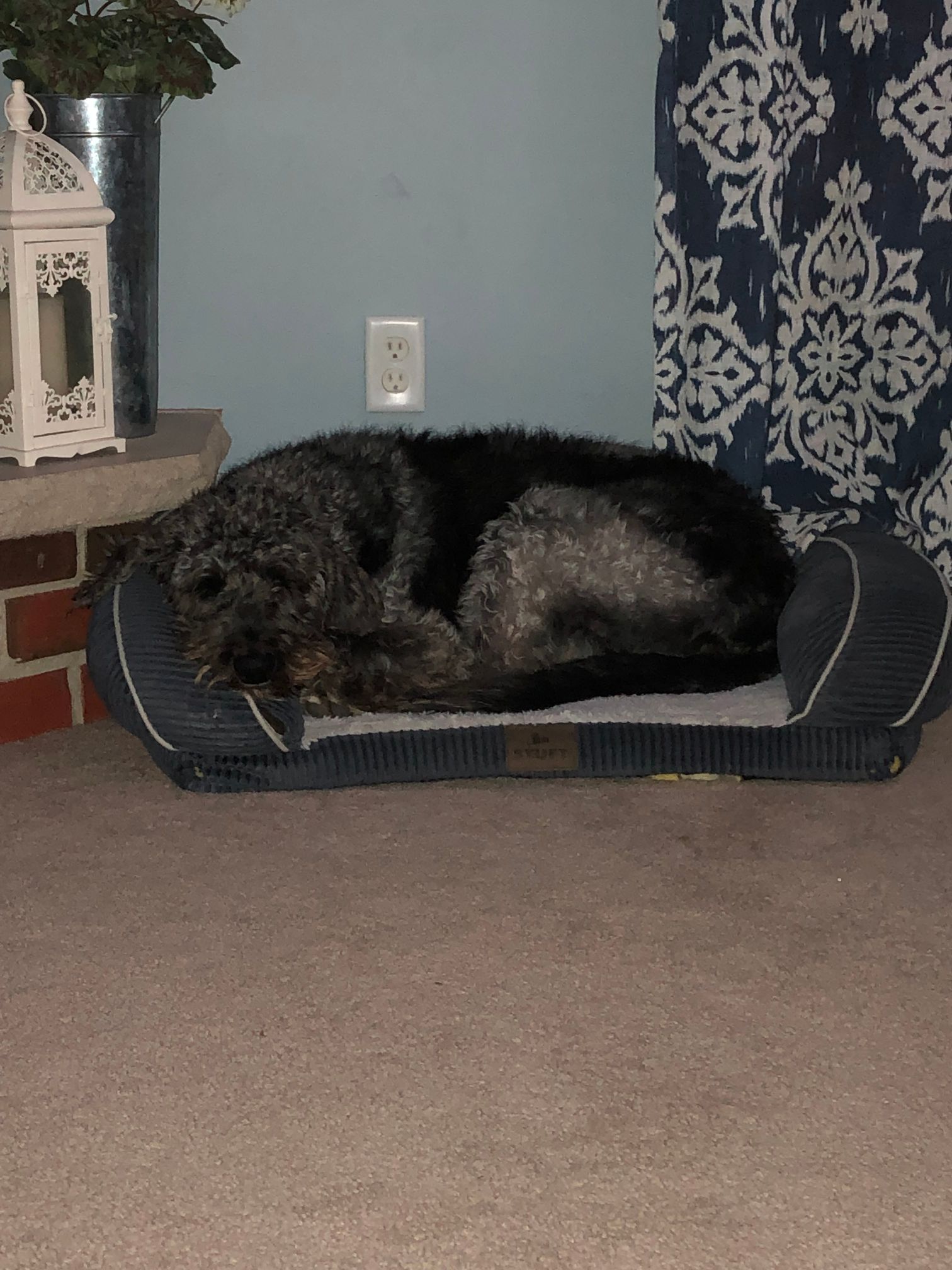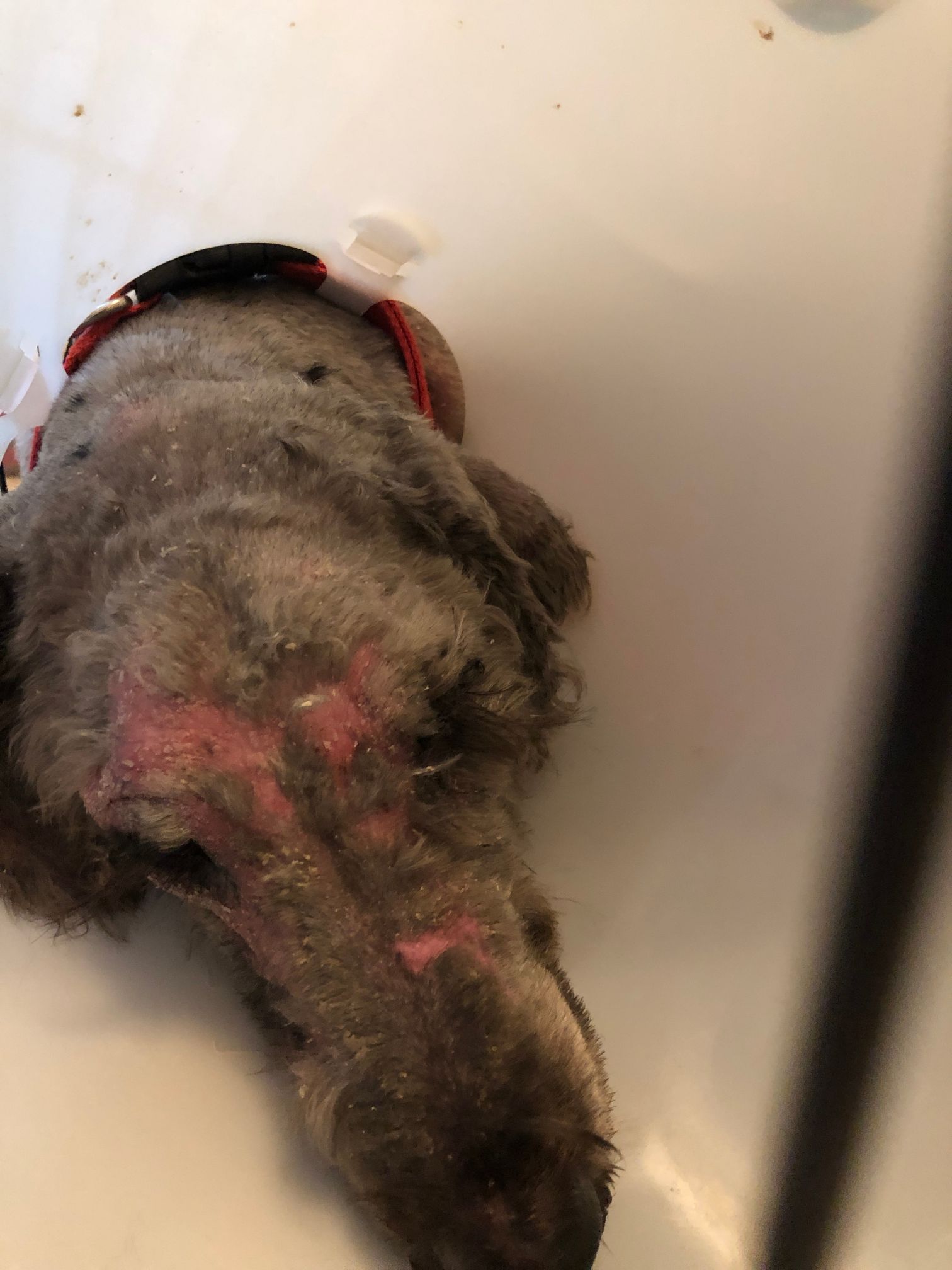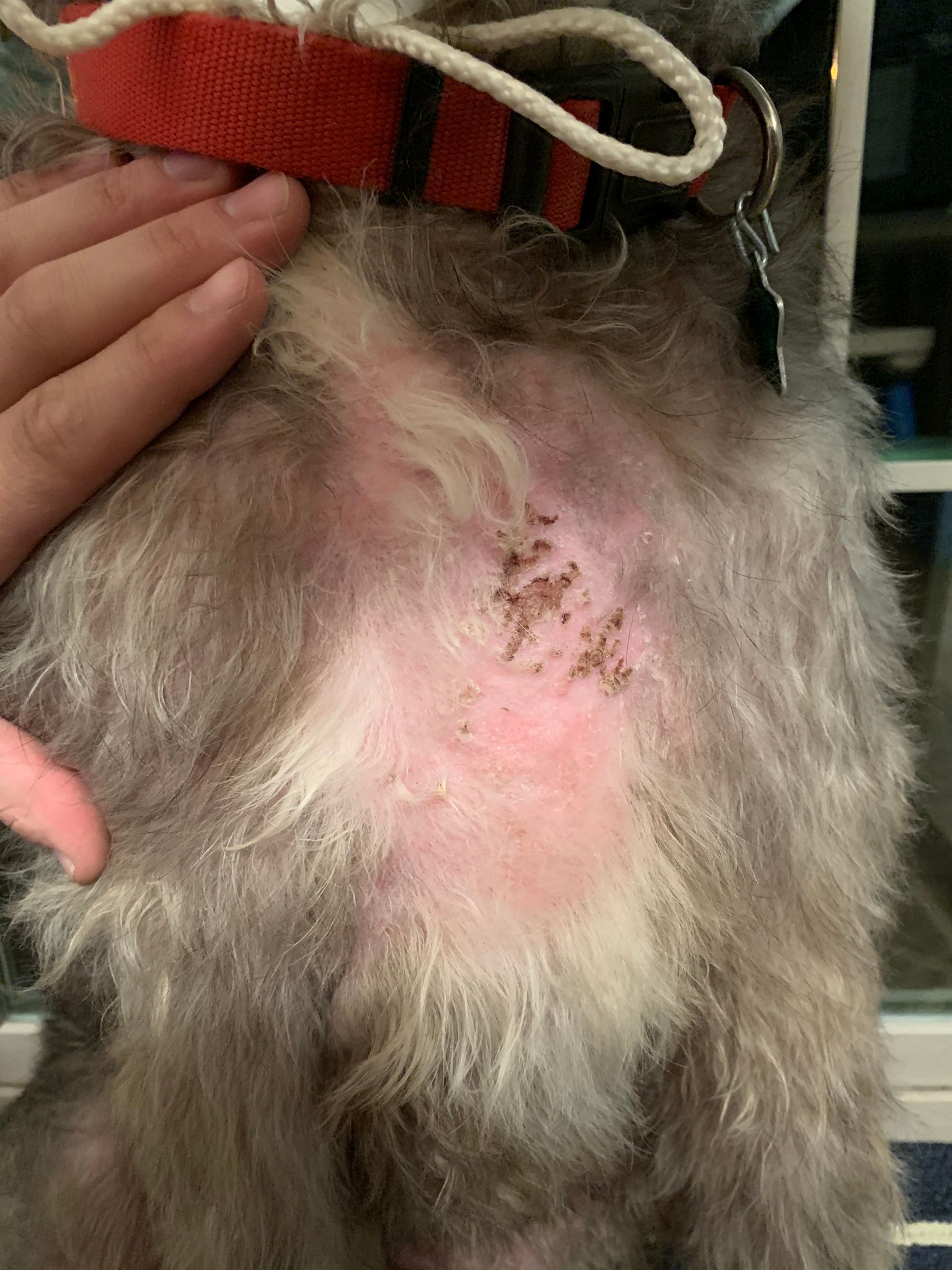Trusting your Vet vs Trusting your gut.
We all know its super important to choose the right veterinarian for our furry friends. It’s also important to establish a relationship of trust and mutual respect with that vet. But, what happens when your vet gives you a diagnosis or a treatment plan you don’t agree with? Or that isn’t working? How do you choose the right vet in the first place? And how do you go about getting a second opinion if needed?
Let’s start with choosing the right vet. How do we know who’ll be right for us and our pets?
Our first suggestion is that you ask friends and family in your area who they use and are happy with. Word of mouth is a great way to find out what people actually think of a particular vet or their staff.
Next, choose someone friendly. The attitude of the staff who answers the phone, intakes your pet for appointments and the demeanor of the doctor himself/herself is key. Are they calm and soothing? Does your pet seem to like them?
One of the most important things to consider is whether your care philosophies mesh well. Where do you each fall on hot button topics like euthanasia, cancer care, spay/neuter, purchasing from a breeder vs adopting, purebred vs mixed breed, etc?
In the case of vet clinics, busy usually means better. A busy clinic most likely means a good reputation for care and service. This is the type of place you want your pets to be seen.
Also be sure to ask about payment plans, insurance acceptance, cost and credit options in case of emergencies as well as the availability of evening and weekend hours. And choosing a clinic near you is a great idea if possible. This way you can get care quickly if need be.
You may also want to ask if any staff members are Fear Free certified. This means they have been trained to make your pet’s visit as soothing and free of anxiety as possible.
Lastly, make sure your chosen clinic is AHAA certifed.

We love Dr. Mark and he loves puppies!
Photograph by tendercareanimalhospital.net
While your goal should be to choose a vet your trust and one you can rely on for good judgement and sound treatment, you know your pet better than anyone else. If something the vet says or suggests seems off, don’t be afraid to ask for a second opinion, or ask for clarification on the reasoning for their plan.
Your vet should be able to clearly and concisely explain why they want to use a specific treatment plan and how it benefits your pet. Ignoring your intuition and following blindly can sometimes have dire consequences for your pet. Basically, if it doesn’t feel right, question it or seek advice from another vet or expert.
“Your vet should be able to clearly and concisely explain why they want to use a specific treatment plan and how it benefits your pet.”
We ran into a case just recently where a second opinion would have saved a family’s pet months of discomfort and pain. A simple test, not run by their original, vet would have saved the family hundreds/thousands of dollars and would have had their dog back to his normal self within a week or two. Instead, their vet chose an incorrect treatment, missed an important but simple test, and cost them a ton of money and their dog months of misery.
We have to remember that vets are human as well and as such, they aren’t infallible. Sometimes they make mistakes, and as pet parents, we trust them with our furry family and their health. In this case, the dog went in for a possible ear infection, a valid assumption given that our doods are part poodle. Initially this is what the vet treated for. Also, valid. However, when the treatment failed to bring any results and the dog began to lose hair on the ear, then face, then neck and leg, the logical next step would have been a skin scraping to check for parasites or fungus. That simple, inexpensive step was never taken. Probably because there is so much hype about allergies these days and because there is so much talk about doodles being so allergy prone, the vet assumed this was an allergic reaction. Expensive blood tests, Apoquel and allergy serums were ordered and steroid shots were given, for months, but still no results. And the poor pooch just kept losing more hair and becoming more and more itchy and miserable.
Eventually the family was told the vet had run out of ideas and they would either need to take their dog to a special dermatologist in Chicago or they’d need to consider putting him down.




Photographs courtesy of Finn’s family. The first pic is Finn before mange, the next two are Finn as he got worse. The last is Finn on his road to recovery
At this point, the family was distraught. The thought of losing their year and a half old dog to what their vet described as a “possible rare skin disease or blood disorder” was heartbreaking, but so was watching him continue to suffer and deteriorate.
I am so thankful they called me and sent me photos of their guy for me to look at. Having worked with numerous vets over the years and having raised dogs for about 25 years, I took a look at the photos and was pretty sure I knew what was wrong. My first question was “Has your vet done a skin scraping?” I was astounded to learn this had not been done and was being touted as the vet’s “last resort”. I asked the family to bring the dog to me so that my own vet could take a look, after being told the “rare skin disease” was probably just their vet’s guess, no testing had indicated this.
We loaded the poor guy up in my Jeep and brought him, after hours, to my vet’s clinic. A skin scraping, that literally took 5 minutes, revealed what I thought when I first saw this guy. He had a bad case of sarcoptic mange. While this might sound gross and awful, it is EASILY treated with the right medication and treatment regimen. Finn didn’t need to suffer for months, he didn’t need all those allergy injections and cocktails of pills. With the correct treatment, this dog, who truly looked like he had given up, is slowly growing back his hair and feeling like himself again.
The moral of the story is, your vet is the expert, but if it feels wrong, don’t be afraid to question their judgement or ask for someone else’s opinion. Sometimes a fresh, unbiased set of eyes is needed to get to the bottom of the issue. Your furry friend can’t speak for himself so it is up to you to advocate for him. ASK FOR THE SECOND OPINION. Don’t worry about offending your vet or apologize for wanting to be sure. Your vet should respect the fact that you care so much about your pet and should be happy to offer suggestions for doctors to ask. If you got your dog from a breeder, don’t hesitate to rely on their experience as well. They should also be happy to support you and help direct you to the right resources.
